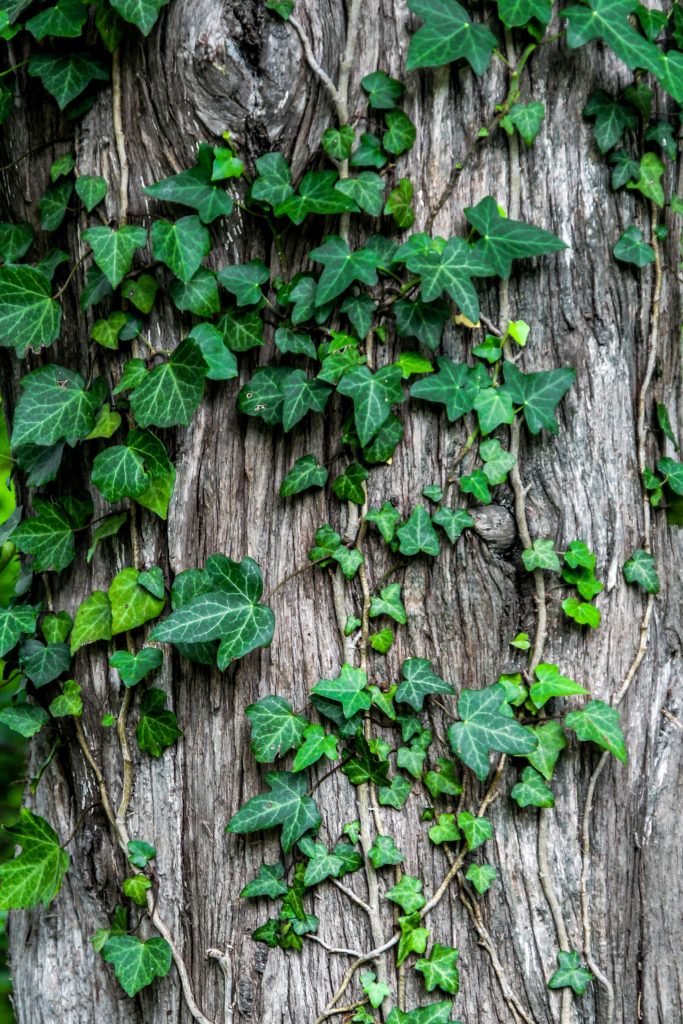
Antisemitism and Islamophobia are part of the same vicious vine of fear and hate. Fertilize one, and the other one grows too.
And not just these, but other forms of dehumanization against our Indigenous, black, brown, Asian American, LGBTQ+ siblings. Water one hatred, the others grow, too. This vine of dehumanization leads to violence. You see, the vine of dehumanization does not just grow “out there” somewhere, but can wraps its sticky tendrils around anyone’s hearts. As it encases the human heart it constricts our capacity for compassion and complexity.
In a world of so much pain, both historic and present, we need our capacity for compassion and complexity more than ever.
Further, this vine of dehumanization can lead us, without our realizing it, to focus our compassion only on one group or on one issue. Our own compassion for one group can lead us to deny the needs and pain of others in the situation.
Recently we have seen a terrifying growth in antisemitic violence. The conflict between the State of Israel and Hamas has, predictably, energized and focused some to act out against our American Jewish siblings. This does not just impact the immediate victims, but the whole Jewish community – and indeed all people of color and religious minorities. It makes everyone less safe as the vine of hate grows stronger.
We all need to stand with our Jewish siblings against this violence.
Our opinions, questions, policy proposals, anger and search for a more just situation in Israel/Palestine should not lessen our public stance against antisemitism and the violence it evokes.
This will be the first of a series of articles on how to stand with minority groups in the United States in a complex and unjust world. I admit to some trepidation about it. As a nation we are so anxious that our first reaction is to react, not to take a deep breath and think and feel. We all feel vulnerable but live in a society that understands vulnerability as weakness, not a inextricable part of the human experience that we all share.
Here is my first reflection:
Counter Collective Blame – One tendency within human beings is to apply collective blame to a group for the actions of those associated with that group. In times of deep anxiety (like our present situation) people are more prone to apply collective blame to other groups. If we are supporting one group in a conflictual situation, we must take great effort to counter collective blame against all involved.
Collective blame is so powerful because of a combination of things in human beings. First, human beings make decisions less by logic than associations. Our minds will struggle to account for the bias that these associations create. Second, human beings tend to distrust those not within our in-group. It is easy for us to perceive those outside of our in-group in as a threat. There is more to this, of course!
Countering our own tendency to apply collective blame in our current negative-news and social-media environment takes discipline and energy. Take sometime to notice our first reactions and biases, to reassess it with other information, and look at the genuine concerns of the many people and groups in a conflict.
As we engage with our family and friends we may see signs of collective blame in them. One line I often use is,”I don’t know how you feel, I wouldn’t want to be blamed for the actions of other people in groups I belong to. But I find myself applying collective blame sometimes, too.” Most people agree that collective blame is wrong, but we are susceptible to it anyway. This kind of statement can help people to recognize they are applying collective blame. Many people will begin to think about it and grow.
More next week. Until then, stand with every group experiencing violence. Stand together. Especially when we may disagree on issues we care about deeply. Advocate for the policies you believe in and speak well of each other. Stand together and counter collective blame against anyone.
